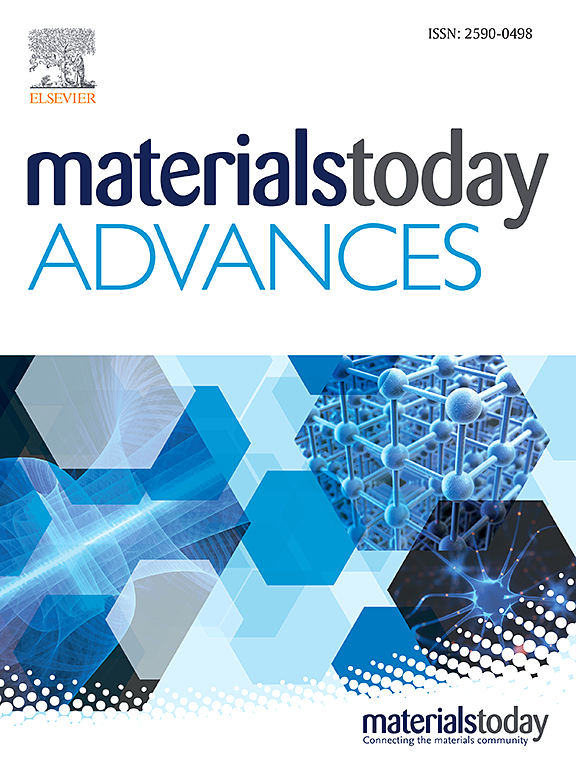用于环保电子产品的天然电活性材料
IF 8
2区 材料科学
Q1 MATERIALS SCIENCE, MULTIDISCIPLINARY
引用次数: 0
摘要
随着人们对电子设备的需求不断增长,电子废物已成为一个严重的环境难题。虽然目前的回收技术可以提供一些喘息的机会,但其有效性仍存在争议。一种新兴的讨论强调了天然导电材料(如黑色素、靛蓝和类胡萝卜素)的潜力,主张它们在制造生物相容性和可生物降解的电子产品方面的实用性。本综述对这一新兴的绿色电子范例进行了批判性研究。除了概述之外,我们还探讨了此类材料的物理、化学和电气性能,尤其关注了黑色素、靛蓝和类胡萝卜素等物质中的电荷传输动力学。在此过程中,我们揭示了开发生物可降解电子器件的潜在隐患,并提出了尚未解决的挑战。综述结果表明,天然导电材料在开发生态友好型电子产品方面具有巨大潜力。我们还提出了未来真正可持续电子产品发展的关键方向。本文章由计算机程序翻译,如有差异,请以英文原文为准。
Naturally derived electrically active materials for eco-friendly electronics
Amid the escalating demand for electronic devices, electronic waste poses a critical environmental dilemma. While current recovery techniques offer some respite, their efficacy is still debated. A burgeoning discourse emphasizes the potential of naturally derived conducting materials (i.e., melanin, indigo, and carotenoids), advocating their utility in fabricating biocompatible and biodegradable electronics. This review critically examines this emerging paradigm of green electronics. Beyond a mere overview, we interrogate such materials′ physical, chemical, and electrical performances, paying particular attention to the charge transport dynamics in substances like melanin, indigo, and carotenoids. In doing so, we shed light on potential pitfalls and broach unresolved challenges to developing biodegradable electronics. This review finding indicates that naturally derived conducting materials have great potential to develop eco-friendly electronics. We also suggest pivotal future directions for truly sustainable electronics development.
求助全文
通过发布文献求助,成功后即可免费获取论文全文。
去求助
来源期刊

Materials Today Advances
MATERIALS SCIENCE, MULTIDISCIPLINARY-
CiteScore
14.30
自引率
2.00%
发文量
116
审稿时长
32 days
期刊介绍:
Materials Today Advances is a multi-disciplinary, open access journal that aims to connect different communities within materials science. It covers all aspects of materials science and related disciplines, including fundamental and applied research. The focus is on studies with broad impact that can cross traditional subject boundaries. The journal welcomes the submissions of articles at the forefront of materials science, advancing the field. It is part of the Materials Today family and offers authors rigorous peer review, rapid decisions, and high visibility.
 求助内容:
求助内容: 应助结果提醒方式:
应助结果提醒方式:


